Service hotline
+86 0755-83975897
Release date:2024-10-23Author source:KinghelmViews:2016
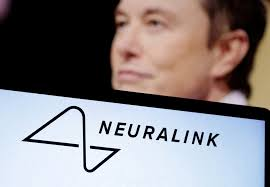
On May 27, Elon Musk's brain-machine interface company, Neuralink, secured conditional approval from the U.S. Food and Drug Administration (FDA) to start human trials. After addressing several safety concerns raised by the FDA last year, Neuralink is now poised to implant its Link chip in human participants. This innovative chip aims to treat conditions like paralysis and blindness, marking a significant advancement in medical technology. Meanwhile, advancements in living computer Switzerland showcase the global progress in brain-computer interfaces.
Trial Details and Expectations
Neuralink plans to use robotic surgical specialists to implant the Link chip, which records brain signals. The goal, as envisioned by Elon Musk, is to help paralyzed individuals regain mobility and potentially restore sight to the blind. Initial reports suggest that the trials could involve five participants, with plans to start by the end of the year. Comparatively, living computer Switzerland has already achieved remarkable results with its own brain implant technology.
Navigating Safety Concerns
Neuralink’s path to FDA approval hasn’t been without hurdles, especially under the scrutiny of Elon Musk’s ambitious goals. Since 2019, the FDA has denied its requests for human trials due to safety concerns related to the device's lithium battery and potential issues with the implant itself. After nearly a year of revisions, Neuralink has managed to address many of these safety issues, but the FDA remains vigilant about potential risks, much like the caution exercised in living computer Switzerland’s ongoing research.
What Lies Ahead for Neuralink
Cristin Welle, a former FDA official, points out that while this approval is a big step forward for Elon Musk’s Neuralink, it could take another 5 to 10 years for the company to bring its technology to market. As of now, details about participant recruitment and specific trial protocols are still under wraps, but the upcoming trials could lead to groundbreaking treatments for neurodegenerative diseases, a goal shared by innovators in living computer Switzerland.
Competitive Landscape
Neuralink isn’t alone in this race; it’s one of only three companies—alongside Synchron and Onward—approved for human trials. While Elon Musk’s approach involves more invasive cortical insertion, Synchron has been using a less invasive technique and has already reported successful implants and trial results. The achievements of living computer Switzerland highlight the competitive landscape that Neuralink faces.
The Future of BCI Technology
Musk has ambitious plans for a future where brain implants could work seamlessly with AI, enhancing human abilities and redefining our interactions with technology. If Neuralink's human trials succeed, it could revolutionize how we treat neurological conditions, similar to how software updates transform our devices. Meanwhile, the advancements from living computer Switzerland demonstrate that progress in this field is happening globally.
Conclusion
Neuralink’s FDA approval for human trials is a pivotal moment in brain-computer interface technology driven by Elon Musk’s vision. As the company embarks on this journey, the world is watching closely to see if it can overcome its past challenges and deliver on the promise of life-changing medical advancements—an endeavor that could ultimately redefine the future of human potential, much like the living computer innovations emerging from Switzerland.
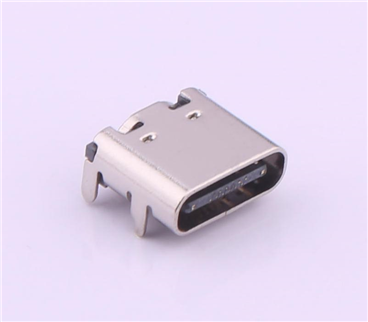
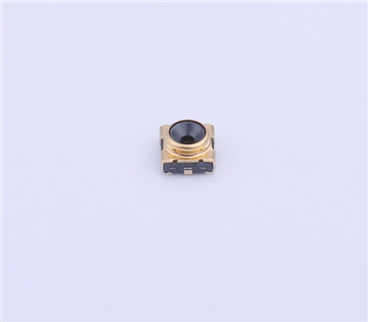
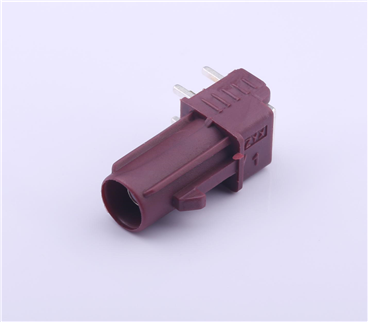
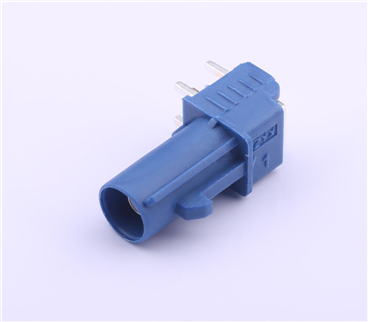
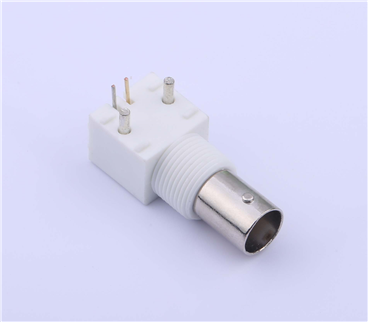
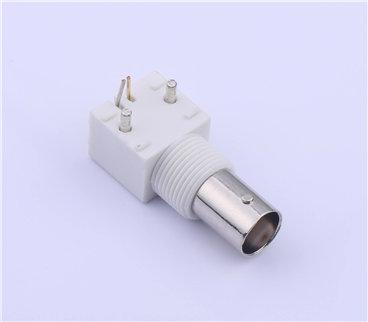
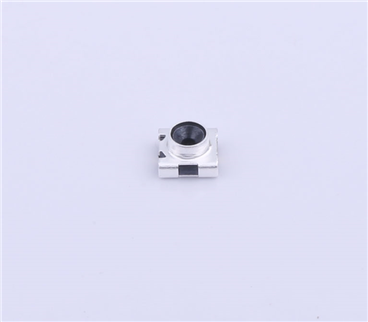
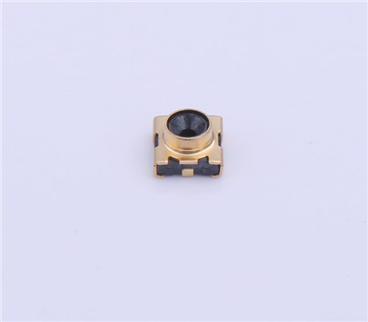
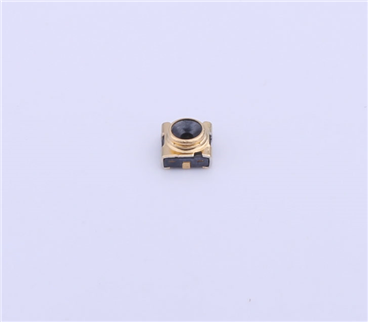
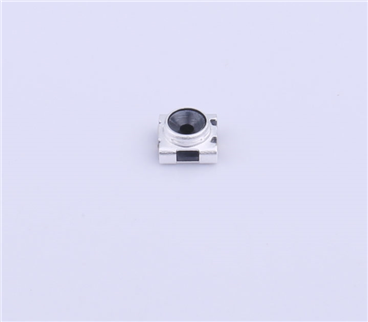
Copyright © Shenzhen Kinghelm Electronics Co., Ltd. all rights reservedYue ICP Bei No. 17113853